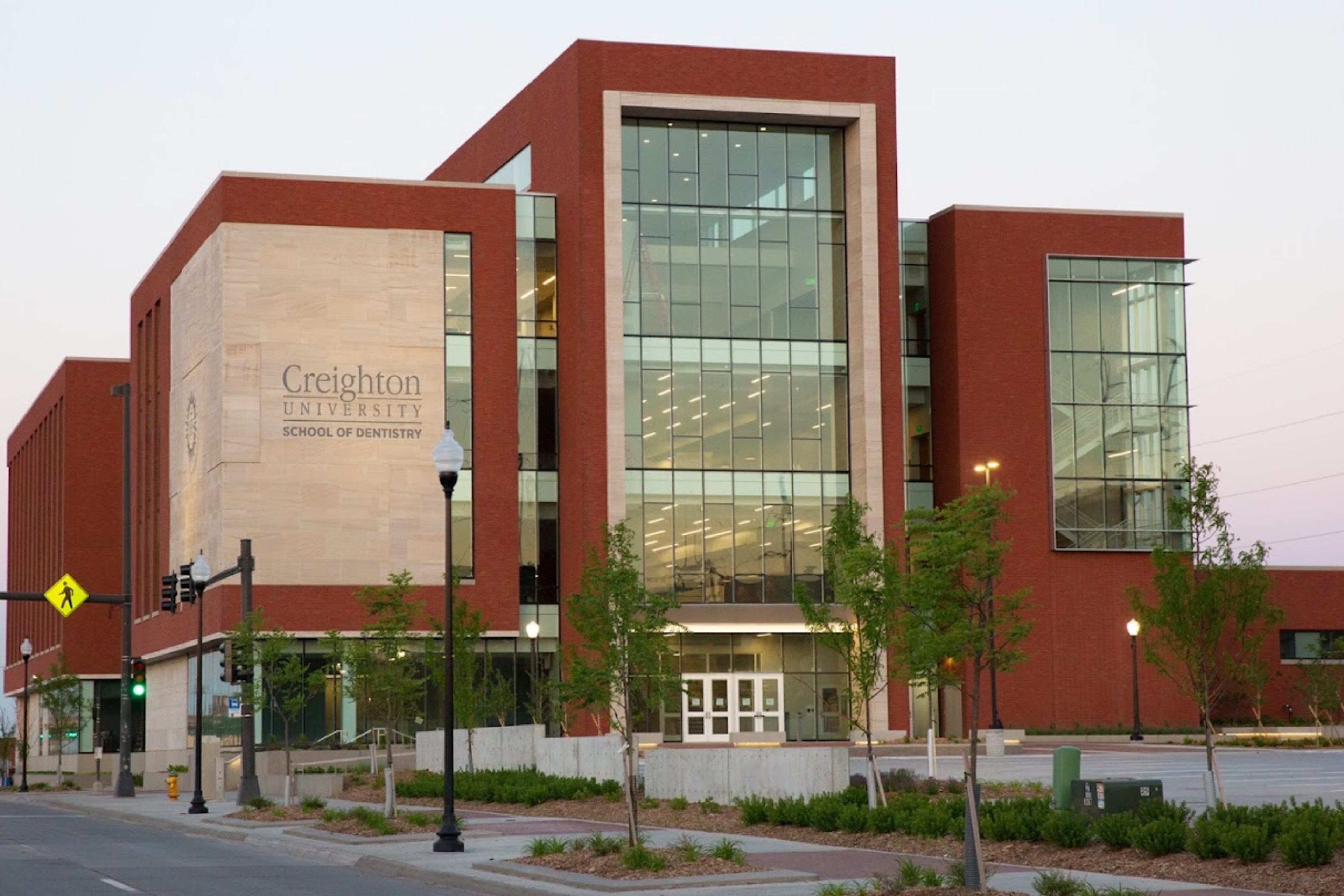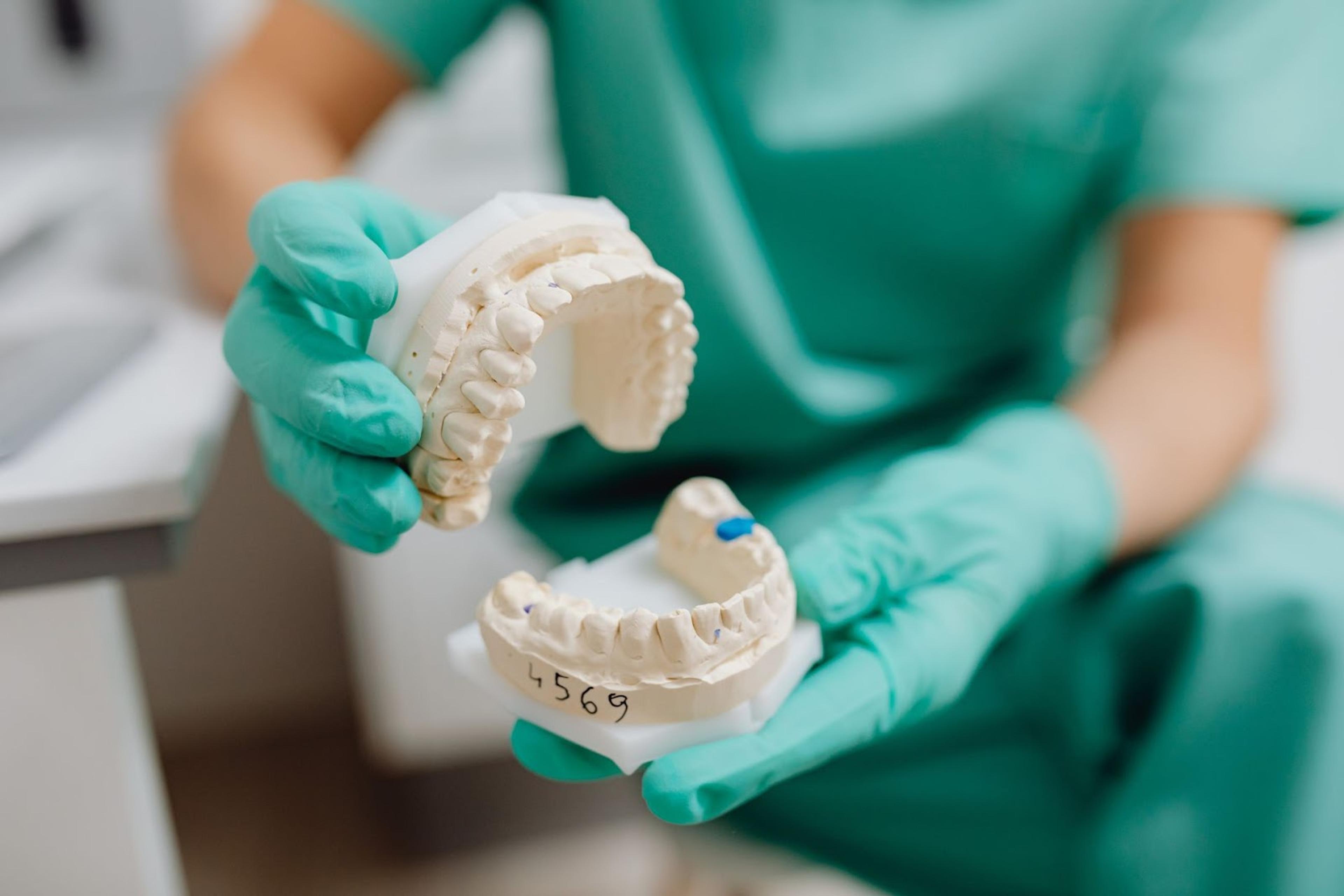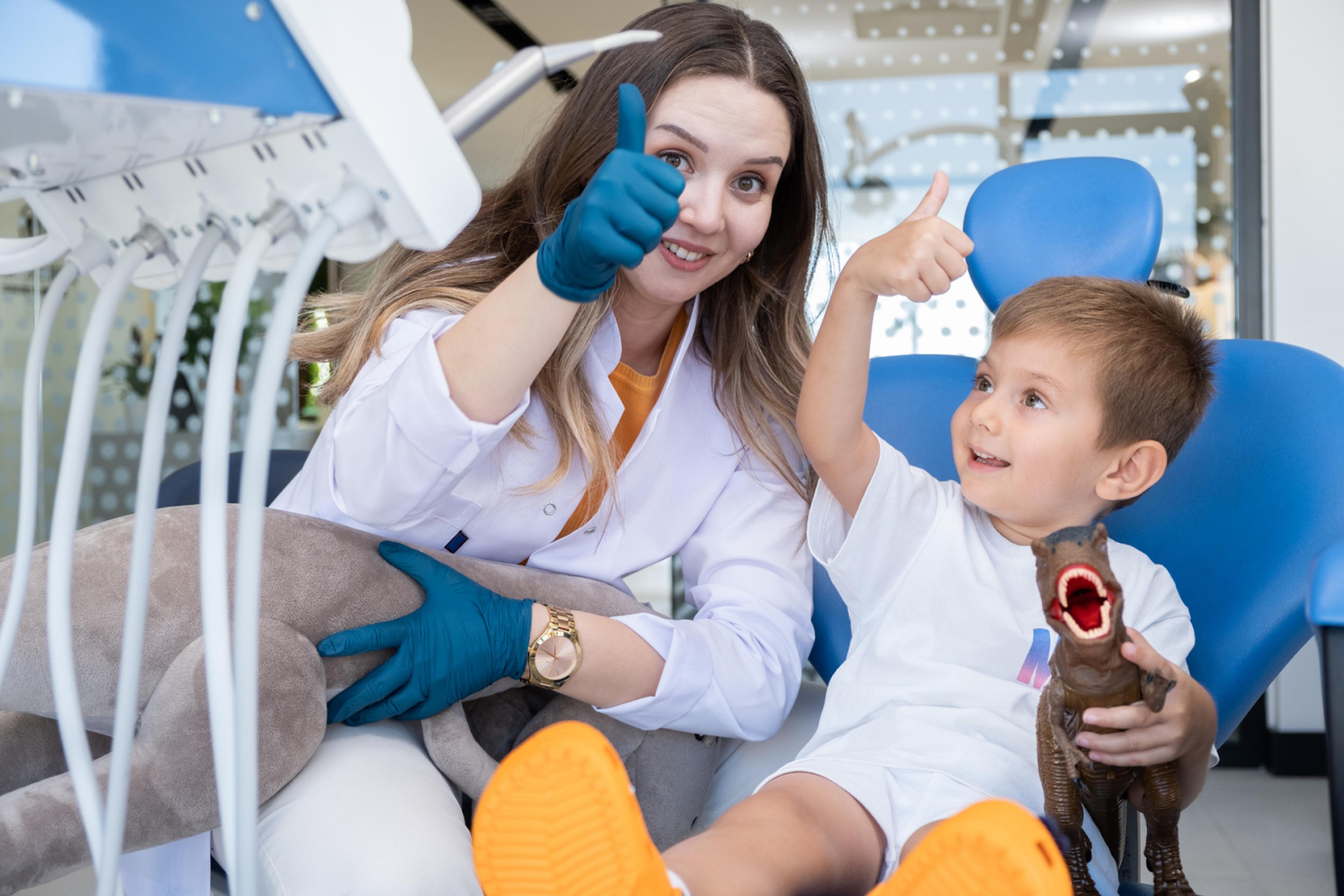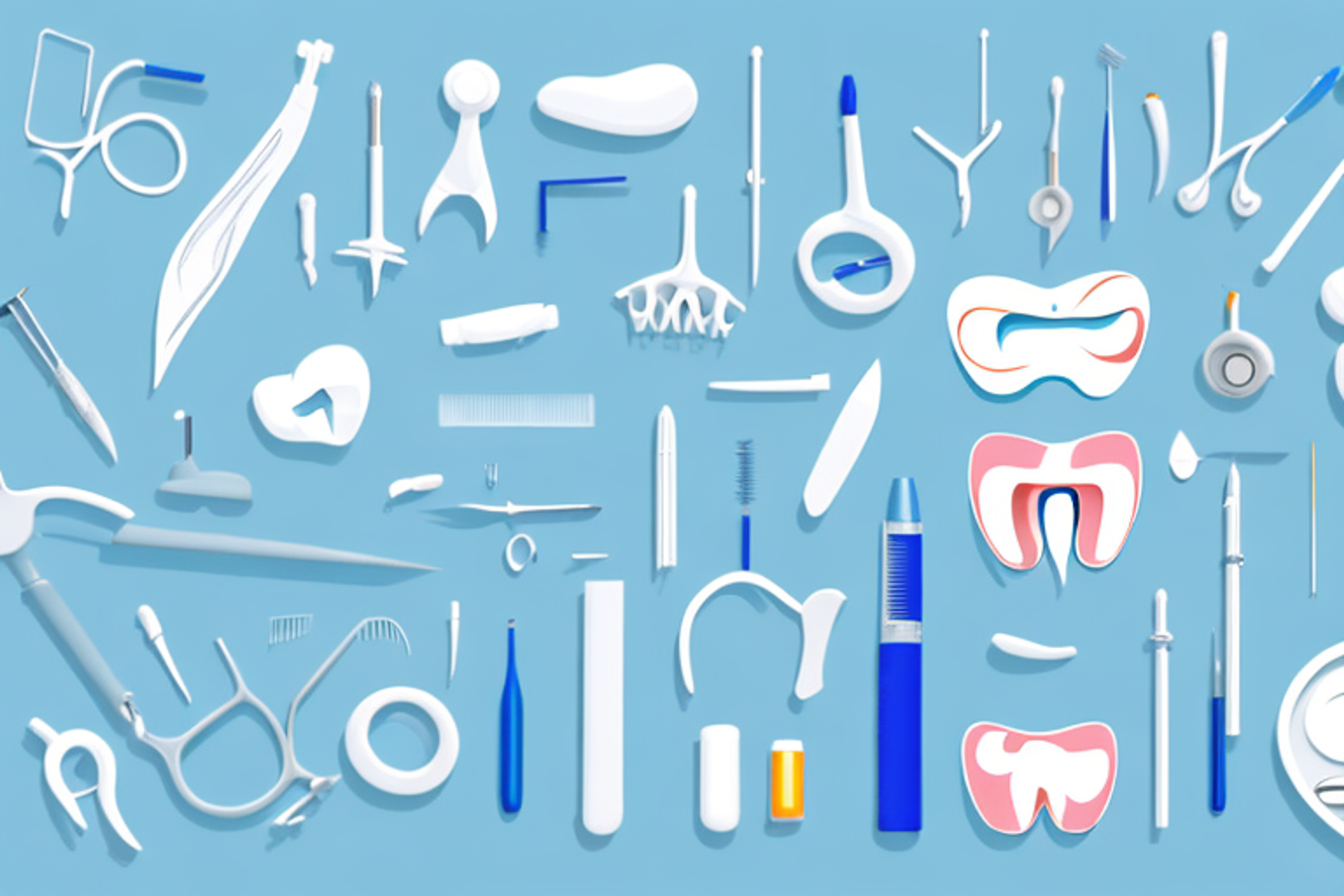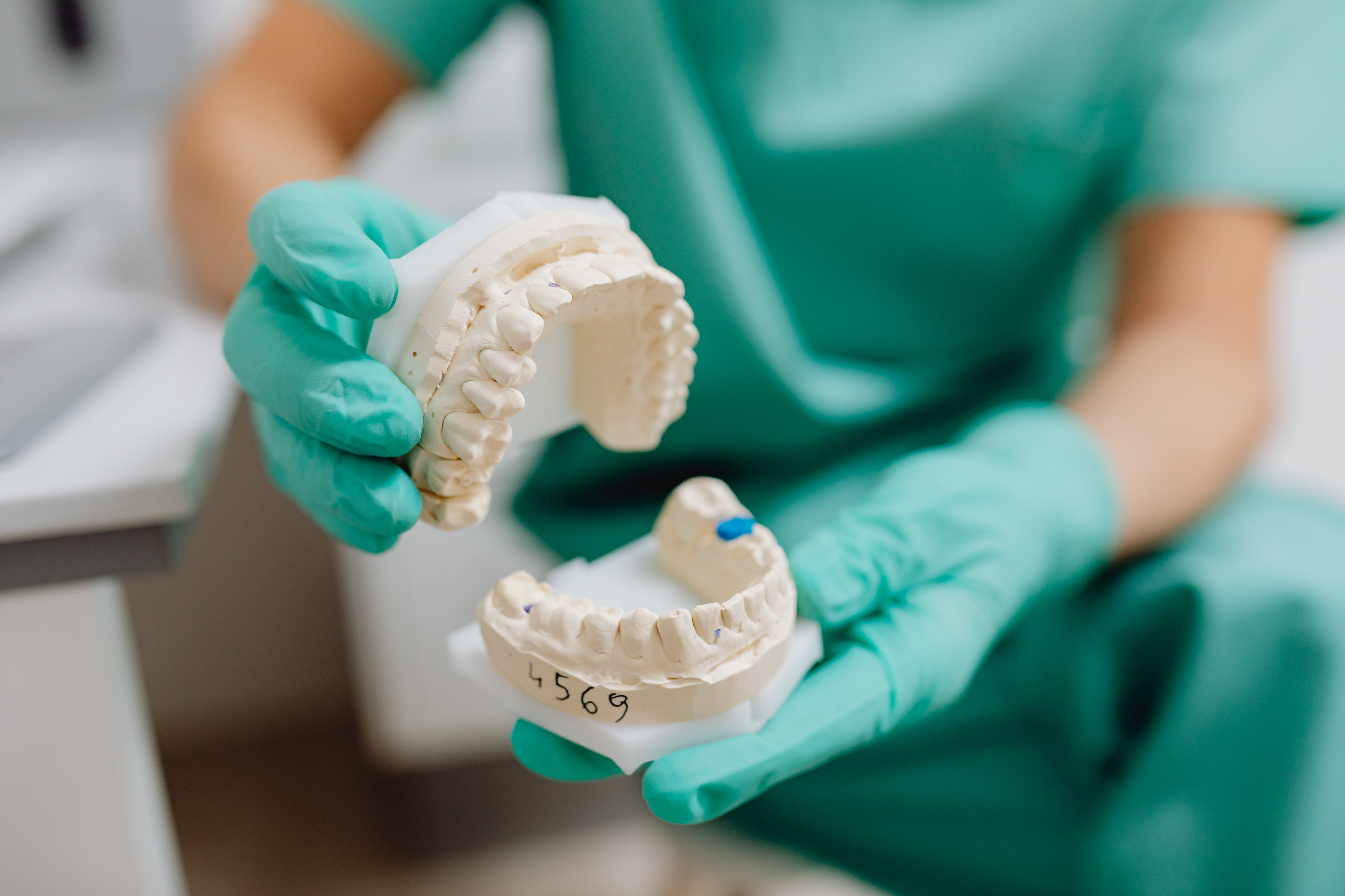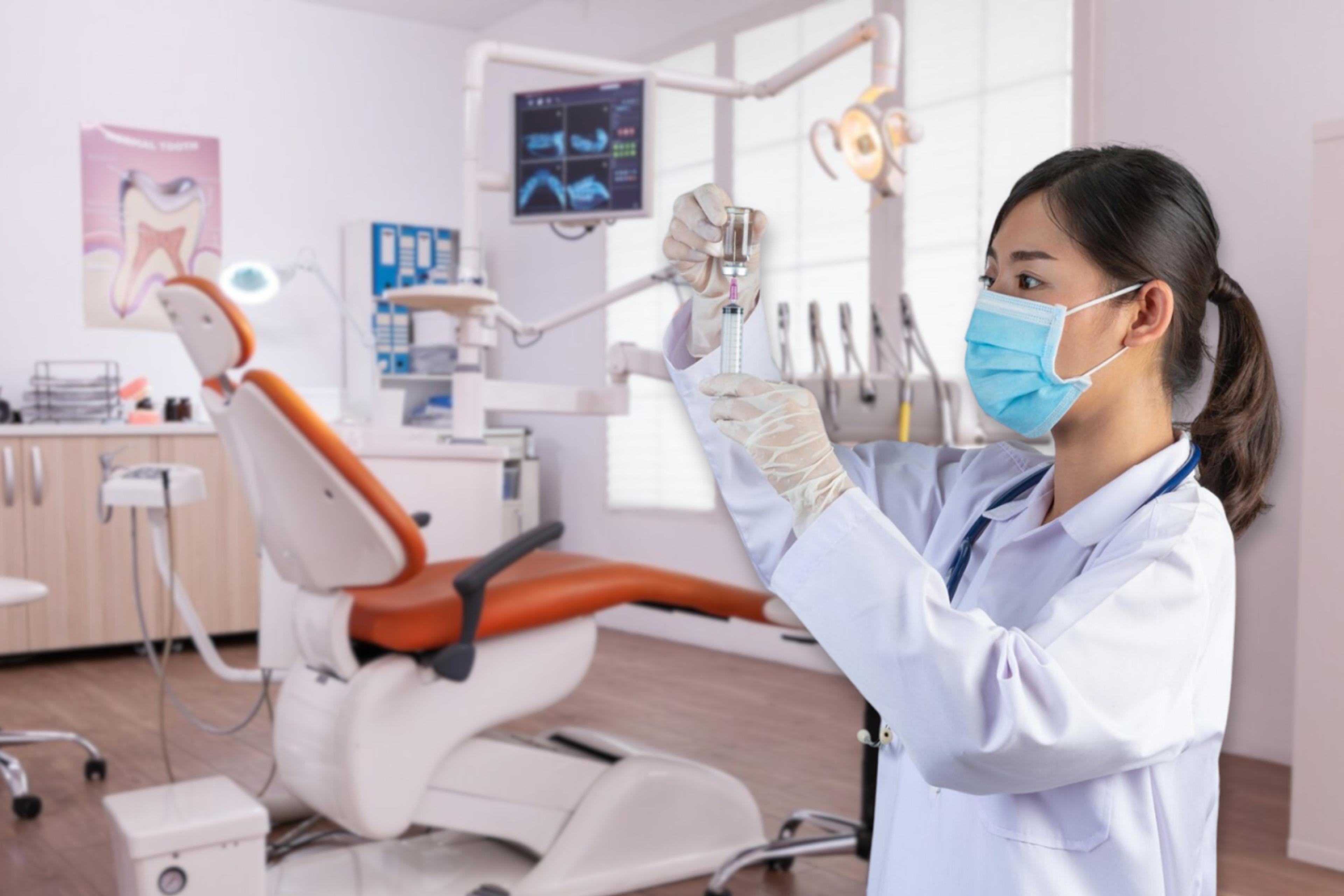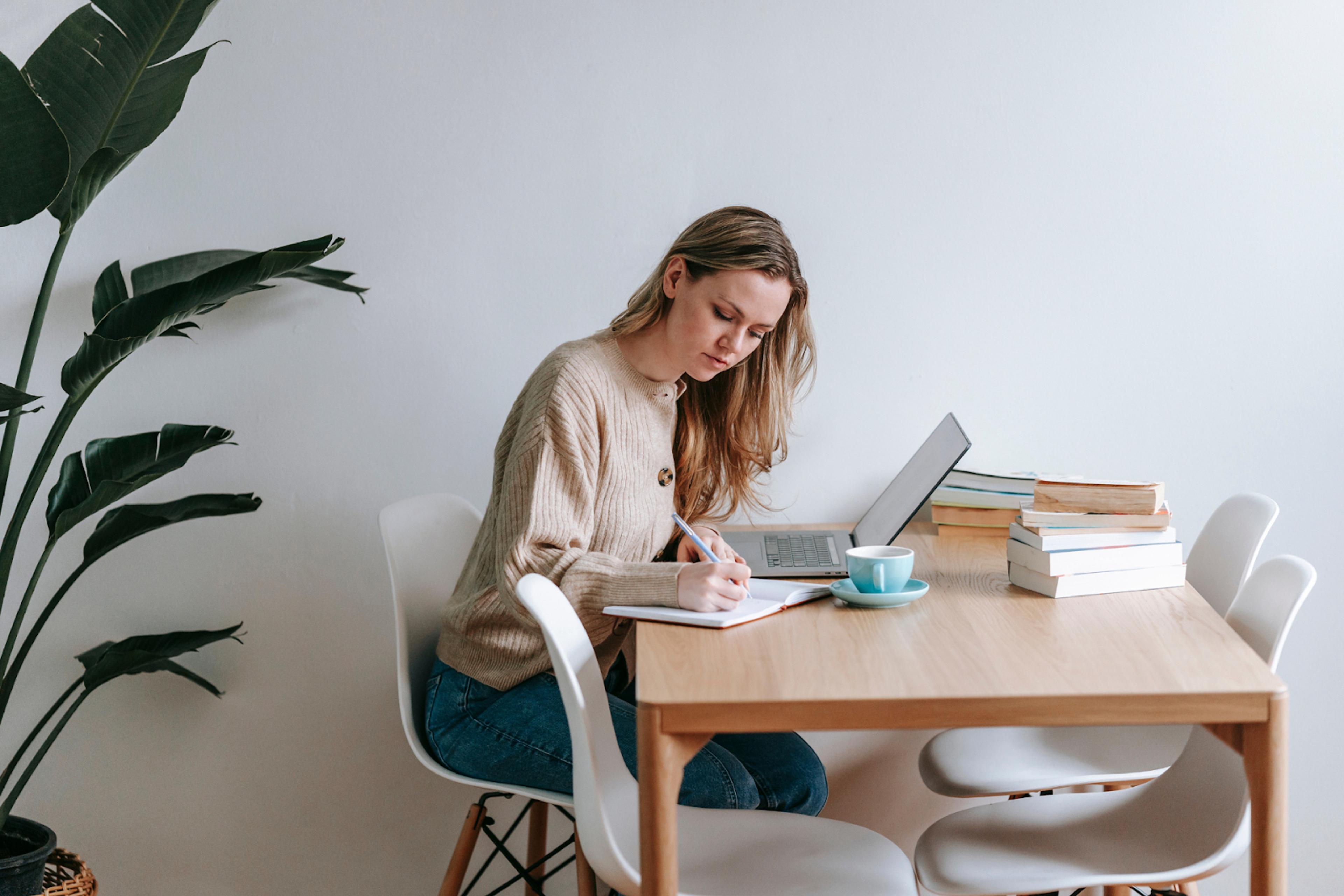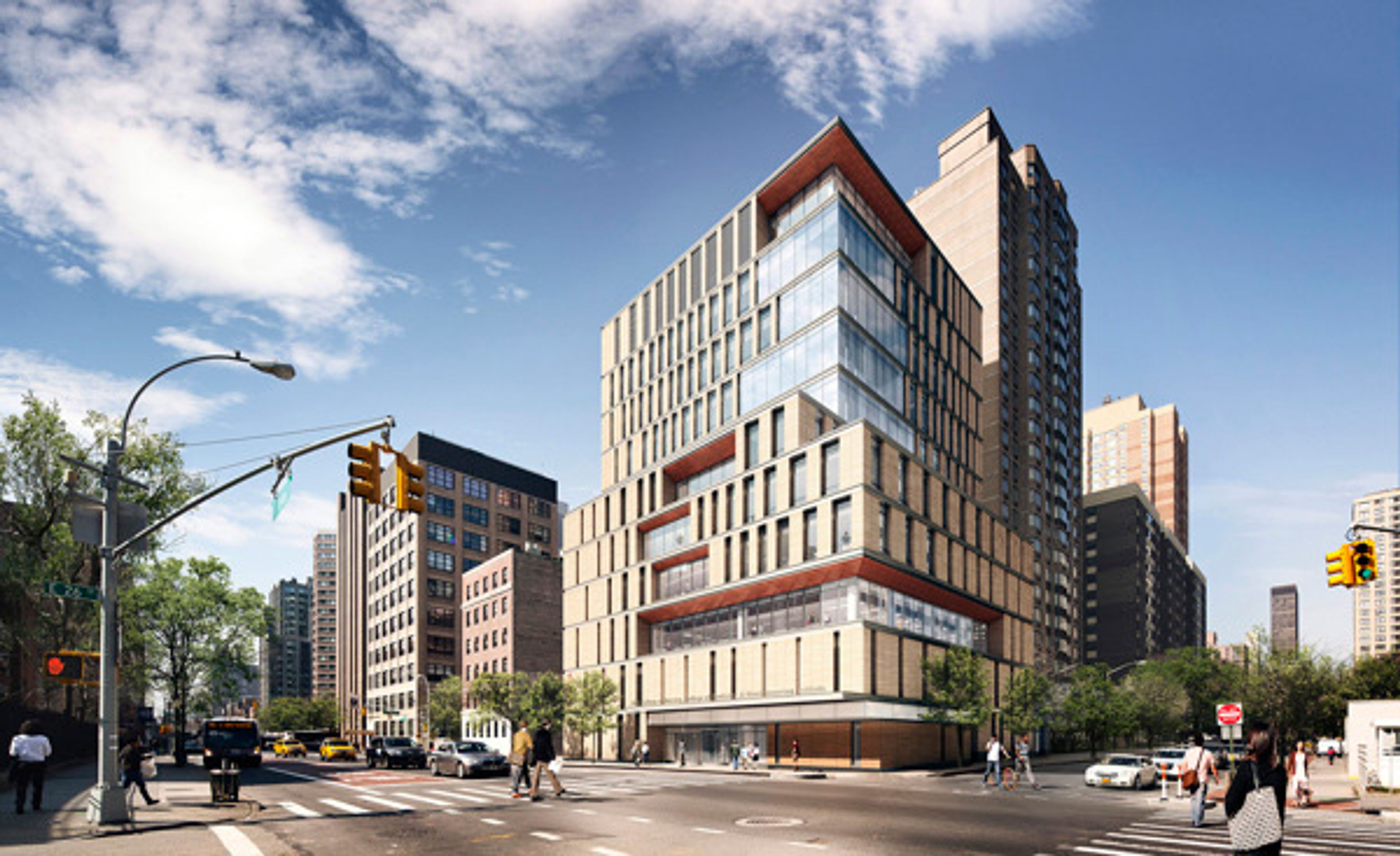SOAP Residency: Personal Statement & Application Guide
Learn how to craft a standout personal statement and navigate the Supplemental Offer and Acceptance Program (SOAP) Residency with this step-by-step guide.
Posted June 13, 2025

Table of Contents
The Supplemental Offer and Acceptance Program (SOAP) is an essential part of the residency application process for applicants who are unmatched or partially matched during Match Week. SOAP gives eligible candidates a final opportunity to secure a residency position by applying to the unfilled spots left after the initial match. There is no direct fee to enter SOAP if applicants are already registered for the NRMP Match, but they may incur costs related to their ERAS application history.
This guide will walk you through the entire SOAP process, provide key insights into crafting a compelling personal statement, and offer practical strategies to help you maximize your chances of success. Whether you’re a seasoned applicant or new to SOAP, this guide will ensure you’re prepared to navigate this critical phase of your residency journey.
What is SOAP, and Why is It Important?
The Supplemental Offer and Acceptance Program (SOAP) is a key part of the National Resident Matching Program (NRMP). The NRMP, established in 1952, is a U.S.-based private, non-profit organization that facilitates the matching of medical school students to residency programs in teaching hospitals across the United States. SOAP gives eligible unmatched applicants the chance to apply for unfilled residency positions after the initial match. SOAP occurs during Match Week, immediately following the announcement of applicants’ match status. For medical students, foreign medical graduates, and others seeking to enter graduate medical education (GME), SOAP offers a critical second chance to secure a residency position, preventing another year of uncertainty.
Through SOAP, eligible applicants submit new applications, participate in interviews, and receive offers in several rounds, each with two-hour windows for responses. For those partially matched or unmatched, SOAP ensures that the path to becoming a resident continues. Participation is free for those who have already applied through ERAS®, though additional fees apply if applications haven’t been submitted before Match Week.
What Is SOAP Residency?
SOAP residency is the process that allows eligible unmatched or partially matched applicants to apply for unfilled residency positions during Match Week through the Supplemental Offer and Acceptance Program (SOAP). Managed by the National Resident Matching Program, SOAP is a key part of the main residency match and is designed to help residency applicants who did not initially match still secure a spot in a residency program.
The SOAP process begins on the Monday of Match Week, when applicants learn their match status. Those who are eligible, unmatched applicants can access the SOAP tab in the NRMP’s R3 system to view unfilled programs. From there, they can submit up to 45 SOAP applications through an application service such as ERAS. Programs review applications, may conduct interviews, and make offers in four rounds held between Tuesday and Thursday. SOAP residency covers a wide range of specialties, including family medicine, emergency medicine, and preliminary surgery. It offers a second chance to enter graduate medical education for medical students, foreign medical graduates, and previous graduates who meet the eligibility requirements.
Eligibility for SOAP Participation
Not all residency applicants are eligible for the Supplemental Offer and Acceptance Program (SOAP). To determine if you qualify, it’s important to understand the specific criteria set by the National Resident Matching Program (NRMP). Here’s a detailed breakdown of the eligibility requirements for SOAP:
1. Eligible Unmatched Applicants
To participate in SOAP, you must be fully or partially unmatched after the initial Main Residency Match results are released. This means you must meet the following conditions:
- Fully Unmatched: If you did not match to any residency program during the initial match, you are eligible to participate in SOAP and apply to unfilled positions.
- Partially Matched: If you matched to some programs but still have unfilled positions (i.e., you’re “partially matched”), you are also eligible for SOAP. You can apply to the remaining unfilled spots, giving you a chance to secure a residency position that was not filled during the first round of matches.
In either case, eligibility is determined based on your match status. If you are fully or partially unmatched, you will be able to access the SOAP list of unfilled programs and apply for open spots through SOAP. Eligible unmatched applicants can apply and interview for offered positions during specific rounds within Match Week.
2. Foreign Medical Graduates
If you are a Foreign Medical Graduate (FMG), you can still participate in SOAP, but you must meet additional criteria:
- You must be eligible to enter graduate medical education (GME) in the U.S., as verified by the Educational Commission for Foreign Medical Graduates (ECFMG).
- The ECFMG verifies the eligibility of FMGs, confirming that you’ve completed the necessary medical education and clinical requirements.
FMGs should also be aware that not all programs will accept applicants from foreign medical schools, so it’s critical to carefully review the unfilled programs list to identify those that accept FMGs or IMGs (international medical graduates). Some new programs may be community-based and less recognized, emphasizing the importance of including them in the application process during SOAP.
3. Ineligible Applicants
Applicants who do not meet the eligibility criteria for SOAP cannot apply to SOAP programs. This includes individuals who:
- Do not meet the match status criteria (i.e., fully matched applicants or those who were not registered for the Main Residency Match).
- They are not eligible to enter graduate medical education, including those who have not been verified by the ECFMG (for FMGs) or those who do not meet the NRMP’s eligibility requirements.
There is no separate registration required for SOAP; applicants must meet certain eligibility criteria, but do not need to complete an additional registration process to participate.
For ineligible applicants, the opportunity to apply will not be available until after SOAP concludes. At that point, you may apply to non-Match participating programs, which are not part of the NRMP match process.
The SOAP Process: A Step-by-Step Guide
SOAP (Supplemental Offer and Acceptance Program) is an intense, high-pressure process that takes place during Match Week. If you’re unmatched or partially matched, SOAP provides another opportunity to secure a residency position. Here’s a detailed, step-by-step guide to help you understand what to expect during the SOAP process. Unlike the Main Residency Match, SOAP does not rely on a matching algorithm or rank order lists, operating instead through real-time offers and acceptances.
Monday of Match Week
SOAP Eligibility Notification
- Time: 10:00 AM ET
- Applicants will receive an email notification about their match status. This will inform you whether you matched to a residency program or if you remain unmatched. If you are unmatched, you will then gain access to the SOAP tab in the NRMP’s R3 system.
Access the SOAP Tab
- The SOAP tab provides the List of Unfilled Programs, which will show the programs with unfilled positions for which you are eligible to apply. Be sure to carefully review this list and check for eligibility criteria, such as specialty and program requirements.
Prepare Your Applications
- Time: 11:00 AM ET
- You can start preparing your SOAP applications at this time. This involves updating your personal statement and ensuring your letters of recommendation and other application materials are in order.
- You can submit applications to up to 45 residency programs during SOAP, using services like ERAS®. Make sure to review the specific application service each program uses, as some may require you to apply through AMA Residency, AAMC, or others.
Tuesday to Thursday
Application Submission and Program Review
- Programs begin reviewing applications on Tuesday. As soon as you submit your SOAP application, your materials will be reviewed by program directors and residency coordinators.
SOAP Interviews
- You may be contacted for SOAP interviews as part of this process. These interviews are typically short (10-20 minutes) and can be conducted via phone or video.
- Be prepared for high-pressure interviews. Since SOAP is fast-paced, interviewers may focus on assessing your adaptability, commitment to the specialty, and how quickly you can respond to the opportunity.
- Make sure your interview prep is on point: Review common interview questions and practice clear, concise answers.
Offer Rounds
- Time: Wednesday to Thursday
- Starting on Wednesday, residency programs will begin extending SOAP offers. These offers will be made in rounds, and the number of available spots will decrease as the rounds progress.
- Round 1: This is your best chance of matching, as the most unfilled positions will be available.
- Subsequent rounds: If you don’t accept an offer in Round 1, the available positions may be fewer, and competition for them may increase. The availability of opportunities significantly decreases during the second round of SOAP, so it's not advisable to hold out for a better offer.
- You will need to respond promptly to each offer you receive. Offers are time-sensitive, and if you hesitate or fail to respond in time, you could miss out on the opportunity to secure a residency spot.
Friday (Match Day)
Final SOAP Offers
- Time: 12:00 PM ET
- On Match Day, final SOAP offers will be made. By this time, applicants will know if they have successfully matched to a residency program through SOAP.
Non-Match Participating Programs
- If you still have not matched after SOAP concludes, you will have one more chance to apply to non-Match participating programs. These programs are not part of the NRMP process but may still offer positions to unmatched applicants.
- You can begin applying to these programs starting at 8:00 AM ET on Friday. However, the opportunity to secure a position after SOAP ends is much more limited.
Your Personal Statement: A Key Component in SOAP
When it comes to applying for residency programs through SOAP, your personal statement is one of the most important parts of your application. Since SOAP applicants are often applying to a variety of unfilled residency positions across different specialties, it’s essential that your personal statement effectively communicates your strengths, adaptability, and commitment to the residency field. While access to the program is free for all users, certain additional features, such as a specialized dashboard for tracking and managing residency applications, are exclusive to AMA members, offering extra benefits. Here’s how to craft a personal statement that helps you stand out during SOAP:
1. Specialty-Neutral: Tailor Your Statement for Flexibility
Since SOAP applicants often apply to several different specialties or programs that have unfilled positions, it’s crucial to write a specialty-neutral personal statement. Here’s how you can make sure your statement applies to a broad range of programs:
- Highlight Transferable Skills: Focus on qualities and experiences that are relevant to any residency program, such as communication, teamwork, and problem-solving. These are qualities that program directors value in candidates, no matter the specialty.
- General Interest in Medicine: Emphasize your overall passion for graduate medical education (GME) and how your background has prepared you for diverse challenges in medical school and beyond. For example, explain how your clinical rotations exposed you to multiple specialties, fueling your desire to continue learning and practicing medicine.
- Have Multiple Versions: If you're applying to multiple specialties, it may be worth having different versions of your personal statement. Tailor each version to the specific demands of the residency field you’re applying to, but keep the overall structure and tone similar.
2. Clear and Concise: Focus on the Essentials
SOAP is a fast-paced process with little time for lengthy personal statements. In contrast to the main residency match application, where personal statements can be more elaborate, SOAP personal statements need to be direct and focused on why you are a strong fit for unfilled positions. Here’s how to keep your personal statement clear and concise:
- Stay Focused on Your Strengths: Address why you are uniquely qualified for the unfilled residency positions. Focus on your relevant experiences, such as clinical work, research, or leadership roles that demonstrate your readiness for residency.
- Avoid Long Narratives: Since SOAP applicants are applying quickly, avoid long stories about your past or detailed descriptions of your clinical experiences. Instead, highlight key moments that directly relate to your readiness for residency and the position you're applying for.
- Get to the Point: Be clear about what you bring to the table. Highlight what makes you stand out as a residency applicant and why the program would benefit from having you as part of their team.
3. Reflective of Your Strengths: Showcase Your Adaptability
SOAP is about finding the right fit quickly, and program directors want to know why you are a good match for unfilled programs. Since SOAP can lead you to new specialties or locations, it’s important to convey how adaptable you are and why you are excited about exploring different residency opportunities. Here’s how to showcase your strengths:
- Adaptability: Clearly explain why you’re excited about the possibility of working in different specialties or unfamiliar locations. Show that you're not only willing to adapt but also that you thrive in dynamic environments.
- Strengths from Past Experiences: Share examples of how your past experiences have prepared you for the flexibility required in SOAP. For instance, you might mention how you adapted to a variety of clinical settings during medical school or how you’ve taken on leadership roles that required quick thinking and adjustment.
- Commitment to Learning: Emphasize your ongoing commitment to graduate medical education and your enthusiasm for expanding your knowledge and skills across specialties.
4. Tailoring Your Personal Statement for SOAP
Your personal statement should be an extension of your residency application. In SOAP, you’re essentially competing for unfilled positions that are sometimes the last available spots for residency training. Here’s how to tailor your personal statement for SOAP specifically:
- Why You’re the Ideal Candidate: Clearly articulate why you're an ideal fit for the specific unfilled residency positions you’re applying for. Reflect on your journey in medical school, highlighting experiences that directly support your suitability for these positions.
- Explain Your Flexibility: If you're applying to a new program or a different specialty from your original match, be sure to explain why you're excited about this opportunity and how your background makes you capable of adapting quickly.
- Focus on Unmet Needs: Some residency programs may be in urgent need of residents to fill positions. If you’ve worked in high-pressure environments or have experience managing unexpected challenges, mention these qualities to show your readiness for the fast-paced SOAP process.
Interview Preparation: How to Succeed in SOAP Interviews
1. Know the Program: Do Your Research
Before stepping into a SOAP interview, it's essential to have a solid understanding of the residency program you're applying to. While SOAP interviews are typically fast-paced, showing that you've researched the program thoroughly will help you stand out and demonstrate your genuine interest. Here's what to focus on:
Key Areas to Research
- Specialty: Understand the specialty of the program and its specific requirements. For example, if you're interviewing for an emergency medicine residency, be familiar with the demands of the specialty and how your skills align with it.
- Location: Know the program’s location. Be ready to discuss why you're interested in the geographic area and how the location fits into your career and personal goals.
- Program Goals: Familiarize yourself with the program's mission and values. Understanding what the program values in its residents will help you tailor your answers to demonstrate that you're the right fit.
- Candidate Profile: Research what type of candidate the program is looking for. Look at their past residents, the program's emphasis on research, clinical exposure, or community involvement, and align your experiences to these qualities.
2. Be Ready for Short, High-Pressure Conversations
SOAP interviews are often conducted quickly, so being prepared for short, high-pressure conversations is essential. Program directors are looking for candidates who can respond clearly, concisely, and confidently, even under pressure. Here are common questions you may be asked during SOAP interviews:
Common SOAP Interview Questions
- Why did you go unmatched?Be honest and reflect on your experiences. If the reason for being unmatched was out of your control, like not applying to enough programs or your chosen specialty being highly competitive, explain it clearly. However, if there are areas for improvement, acknowledge them and talk about how you plan to improve for the next cycle.
- What interests you about this program?Focus on what specifically attracted you to the program. Tie it to your previous experiences, goals, and how the program’s specialty, mission, or training opportunities align with your career path.
- How do you handle high-pressure situations?SOAP interviews are themselves high-pressure, so this is an opportunity to demonstrate your ability to stay calm. Provide an example from your past where you faced pressure in a clinical setting and how you handled it. Show your problem-solving skills, resilience, and capacity to thrive under stress.
Prepare Answers in Advance
Since SOAP interviews tend to happen quickly, make sure you have concise answers ready for these and other typical residency interview questions. Practice with a friend, mentor, or coach to ensure your responses are sharp, focused, and professional.
3. Stay Calm and Collected: Present Yourself Professionally
In a SOAP interview, first impressions matter, even if the conversation is brief. Program directors are assessing your demeanor, communication skills, and professionalism just as much as they are evaluating your qualifications. Here’s how to stay calm and collected:
Stay Calm Under Pressure
- Don’t Rush Your Answers: While SOAP interviews can feel rushed, take a deep breath before responding. Pause to collect your thoughts, then deliver your answer clearly and confidently.
- Focus on Your Strengths: Even though you’re in a high-pressure situation, use the interview as an opportunity to highlight your strengths, your adaptability, and why you're excited about the program.
Be Professional and Confident
- Dress Professionally: Even if your interview is virtual, wear appropriate attire that reflects your professionalism. This will set the tone and show the interviewer that you’re taking the process seriously.
- Show Enthusiasm: Emphasize your enthusiasm for the opportunity. Talk about what excites you about the residency program, even if it’s a specialty you hadn't originally considered. Enthusiasm can go a long way in convincing interviewers that you are genuinely interested in the opportunity.
Fees and Costs Involved in SOAP
1. Application Service Fees
If you have not already applied to any residency programs before Match Week, you will be required to pay an application service fee. This fee applies if you need to use the application services during SOAP to apply to unfilled residency positions. Here's how it works:
Fee Structure
$99 per application service: If you haven’t applied to any programs before Match Week, you must pay a one-time $99 fee for each application service you use during SOAP.
- ERAS®: If you haven’t applied through ERAS® (the Electronic Residency Application Service) before the Match Week, you will need to pay this fee in order to apply to SOAP programs that require ERAS®.
- Other Services: Some residency programs may use other application services like AMA Residency or AAMC. These may also have separate application fees, depending on the service.
Important Notes
- Previous Applications: If you applied to at least one residency program prior to Match Week using a specific service, you do not need to pay this fee.
- Additional Application Services: If you use more than one service (for example, if you're applying to a program that uses AMA Residency and ERAS®), you will need to pay the fee for each service.
2. Additional Costs for Services
While the SOAP process itself doesn’t have additional fees beyond the application service fees, some applicants may choose to invest in additional services to improve their chances of success. These costs are optional but can be valuable, especially if you’re looking to strengthen your SOAP application or interview performance.
Personal Statement Editing
- A well-written personal statement is crucial during SOAP, especially since you may be applying to multiple programs in different specialties. If you choose to have your personal statement professionally edited to ensure it’s polished and tailored for SOAP, this can come with an additional cost.
Mock Interviews
- SOAP interviews are brief but high-pressure, and many applicants choose to invest in mock interview coaching to prepare. Mock interviews with a professional coach can help you refine your answers, improve your presentation skills, and build confidence for the real interviews. Prices for mock interviews vary depending on the service provider and the level of preparation needed.
Relocation Costs
- If you match to a residency program through SOAP, you may need to relocate quickly, often with short notice. This can involve significant moving expenses, especially if the program is in a different city or state. These costs can include:
- Travel: Flights, train tickets, or car rentals to get to your new residency location.
- Housing: Temporary housing while you secure permanent accommodation.
- Moving Supplies: Packing and shipping your belongings to the new location.
Relocation costs can vary depending on the distance to the new program and the urgency of the move. Be sure to factor this potential expense into your overall budget when considering the financial impact of participating in SOAP.
3. Other Possible Fees
- Transcript Fees: If you have not submitted your USMLE or COMLEX-USA transcripts before the start of Match Week, you may incur additional costs for each transcript request. These fees are typically $80 per transcript.
- NRMP Fees: Although participating in SOAP is free for applicants already registered for the Main Residency Match, there may be annual NRMP registration fees for participating in the Match, which are not specific to SOAP but are part of the overall application process.
Post-SOAP: What Happens If You Don’t Match?
1. Post-SOAP Opportunities
Non-Match Participating Programs: Once SOAP concludes, you can apply to non-Match participating programs, which are outside the NRMP process but may still offer residency positions.
Research Residencies: Consider applying for research residencies to gain experience and strengthen your application for the next match.
Clinical Roles: You can also look into clinical roles that help you build hands-on experience in the medical field. Residents will spend a year in a more general discipline as part of their training before transitioning into their chosen specialty.
2. Preparing for Next Year
- Reflect on Your Application: Assess your strengths and weaknesses, and get feedback from mentors or experts to improve your application.
- Work on Areas for Improvement: Consider gaining additional clinical experience, refining your personal statement, or exploring alternative specialties.
- Engage with Mentorship: Consider residency coaching to strengthen your application and improve your chances for next year’s match. Additionally, planning and taking proactive steps, such as engaging in research or enhancing one's CV, are crucial for the upcoming year's match.
The Bottom Line
Participating in SOAP offers unmatched applicants a critical second chance to secure a residency position. While the process can be intense and high-pressure, careful preparation, understanding the SOAP timeline, and tailoring your personal statement for flexibility are essential strategies for success. Beyond SOAP, it’s important to remain proactive, whether by seeking non-Match participating programs, gaining valuable clinical experience, or reflecting on areas for improvement to strengthen your future applications.
SOAP enables eligible individuals who have not secured residency positions to apply for unfilled spots during Match Week, providing a structured opportunity for partially unmatched applicants. SOAP is not the end of the road, but an opportunity to continue pursuing your goal of graduate medical education, and with the right guidance and preparation, you can navigate this phase and come out stronger for the next Match cycle.
Need help with your medical school application?
Get expert guidance on every step of the application process, from writing your personal statement to preparing for interviews. Start working towards your medical school goals. Browse the Medical School Admissions Coaches here.
Additional Resources
- How to Write a Powerful Personal Statement for Medical School
- Medical School Application Timeline: The Ultimate Guide (2025)
- Preparing for Medical School: A Comprehensive Guide
- Medical School Letter of Intent: What It Is & How to Write One (With Examples)
FAQs
What happens if you don’t match SOAP?
- If you don’t match through SOAP, you still have several options. You can apply to non-Match participating programs after SOAP concludes, although these opportunities are more limited. Additionally, you can consider research residencies or clinical roles to gain valuable experience before the next Main Residency Match. This period also allows you to reflect on your application, seek mentorship, and work on areas for improvement, such as your personal statement or clinical experience, to strengthen your chances in the following match cycle.
Who is eligible for SOAP?
- To be eligible for SOAP, you must be either unmatched or partially matched during Match Week. You must also be registered for the Main Residency Match and meet the eligibility criteria set by the NRMP. Foreign medical graduates must be verified by the Educational Commission for Foreign Medical Graduates (ECFMG) as eligible for graduate medical education (GME) in the U.S. If you do not meet these criteria, you cannot apply during SOAP and must wait until after SOAP concludes to apply to non-Match participating programs.
What is a supplemental offer?
- A supplemental offer is an opportunity extended to unmatched or partially matched applicants during SOAP. It allows you to apply for unfilled residency positions that remain after the initial Main Residency Match. These positions are offered in SOAP rounds and are intended to fill remaining spots in residency programs. A supplemental offer gives unmatched candidates a chance to secure a residency position during Match Week.
How much does a SOAP application cost?
- SOAP applications are free for applicants who have already applied to at least one residency program before Match Week. However, if you haven’t applied to any programs, you will need to pay a $99 fee per application service you use during SOAP. These application services include ERAS®, AMA Residency, and others. Additionally, you may incur extra costs for optional services such as personal statement editing, mock interview coaching, or relocation expenses if you match to a program through SOAP.
How much is SOAP residency?
- There is no cost to participate in the Supplemental Offer and Acceptance Program (SOAP) if you’ve already applied to at least one program in the current cycle through an application service like ERAS. If you haven’t, you may be charged a one-time $99 application fee per service. Other optional costs include fees for mock interviews, personal statement editing, and related interview prep.


